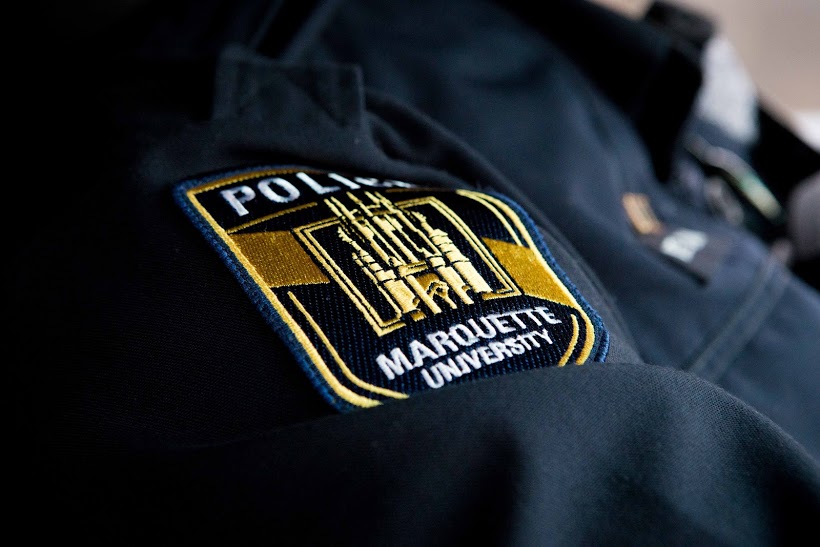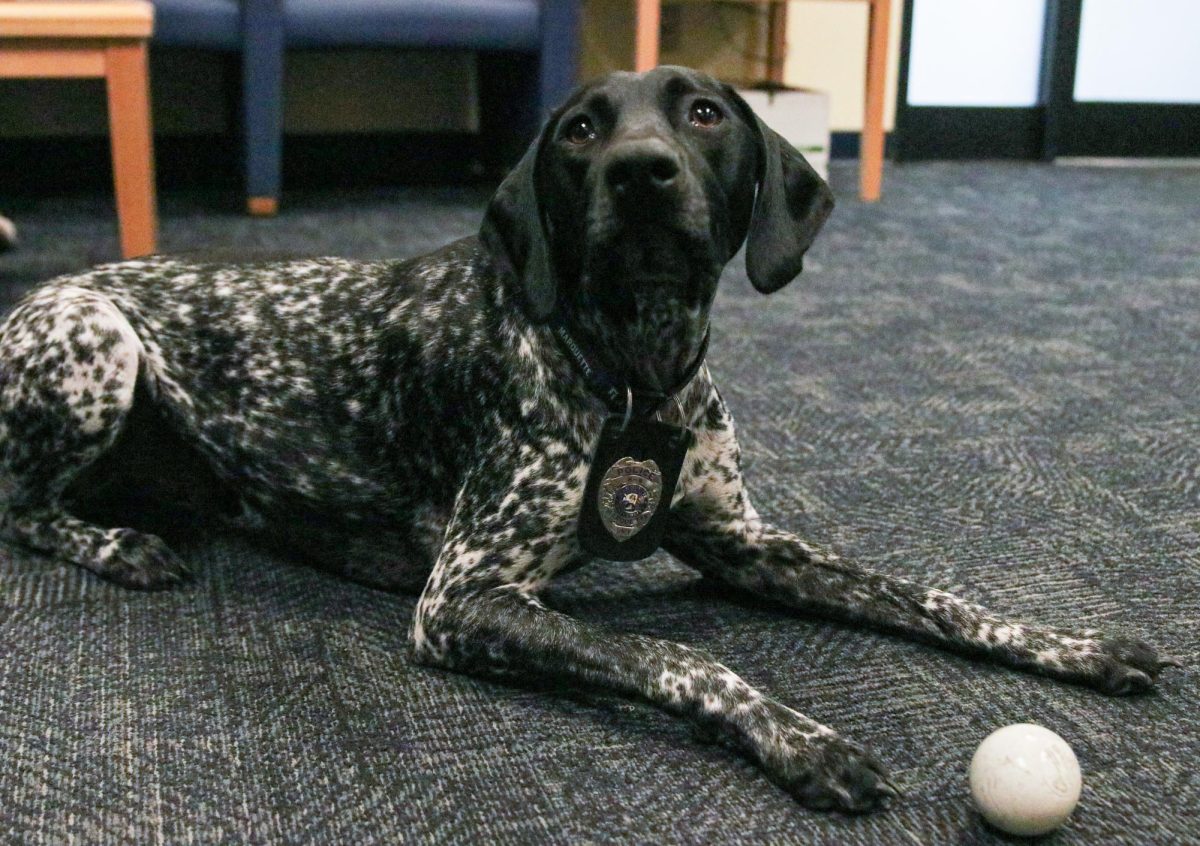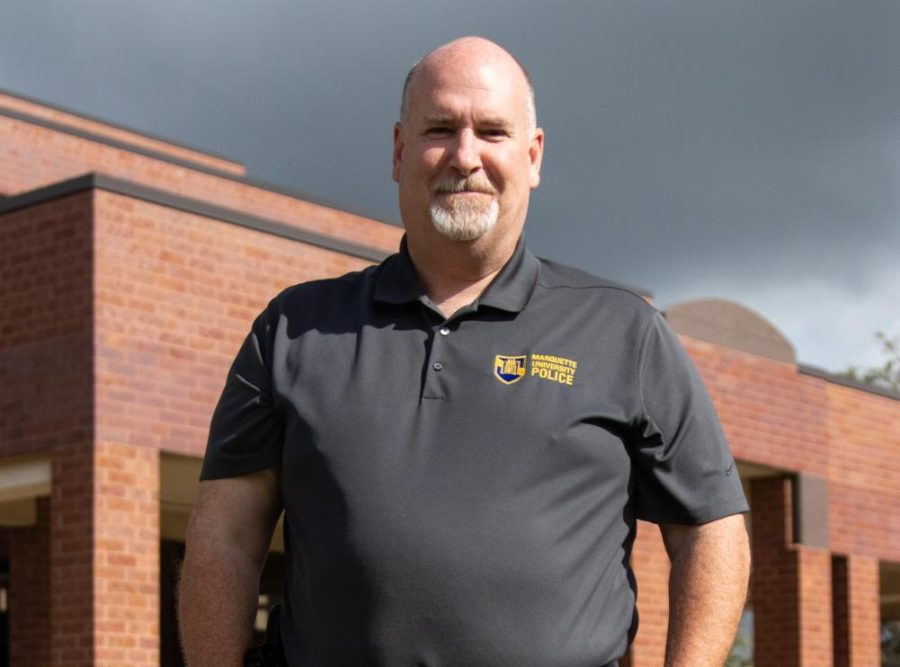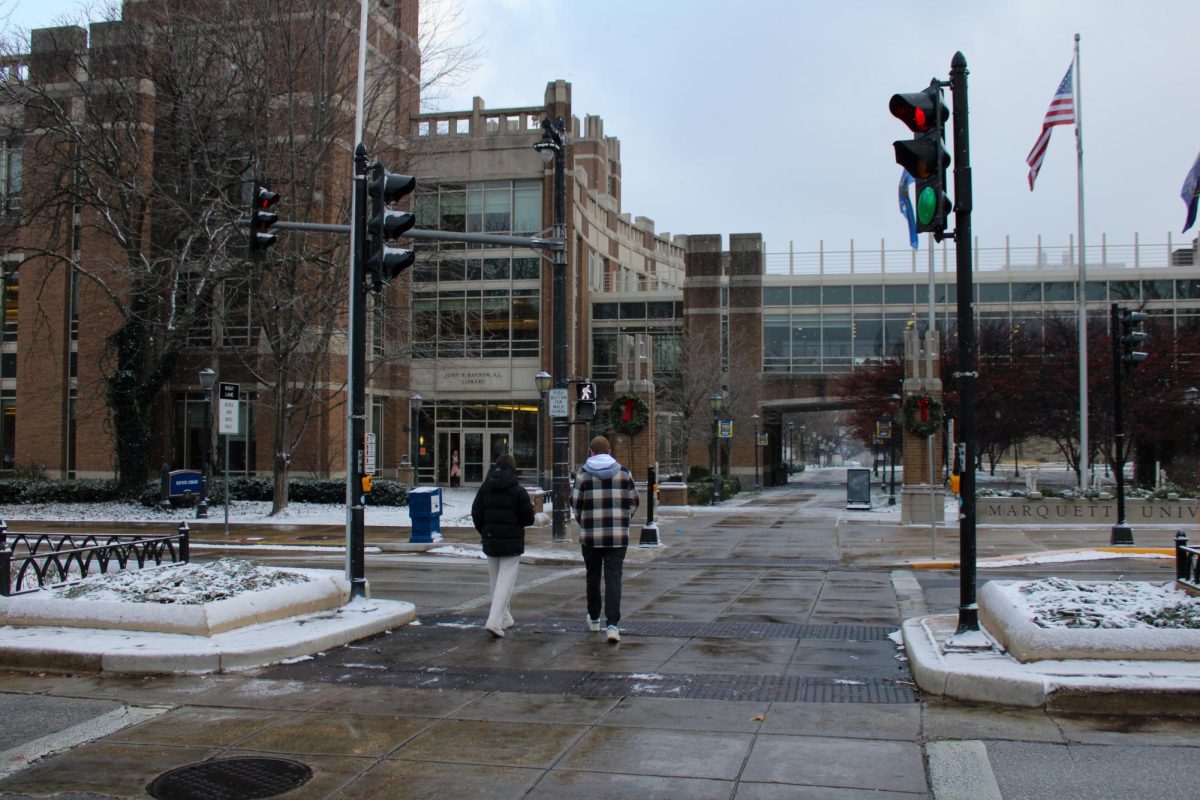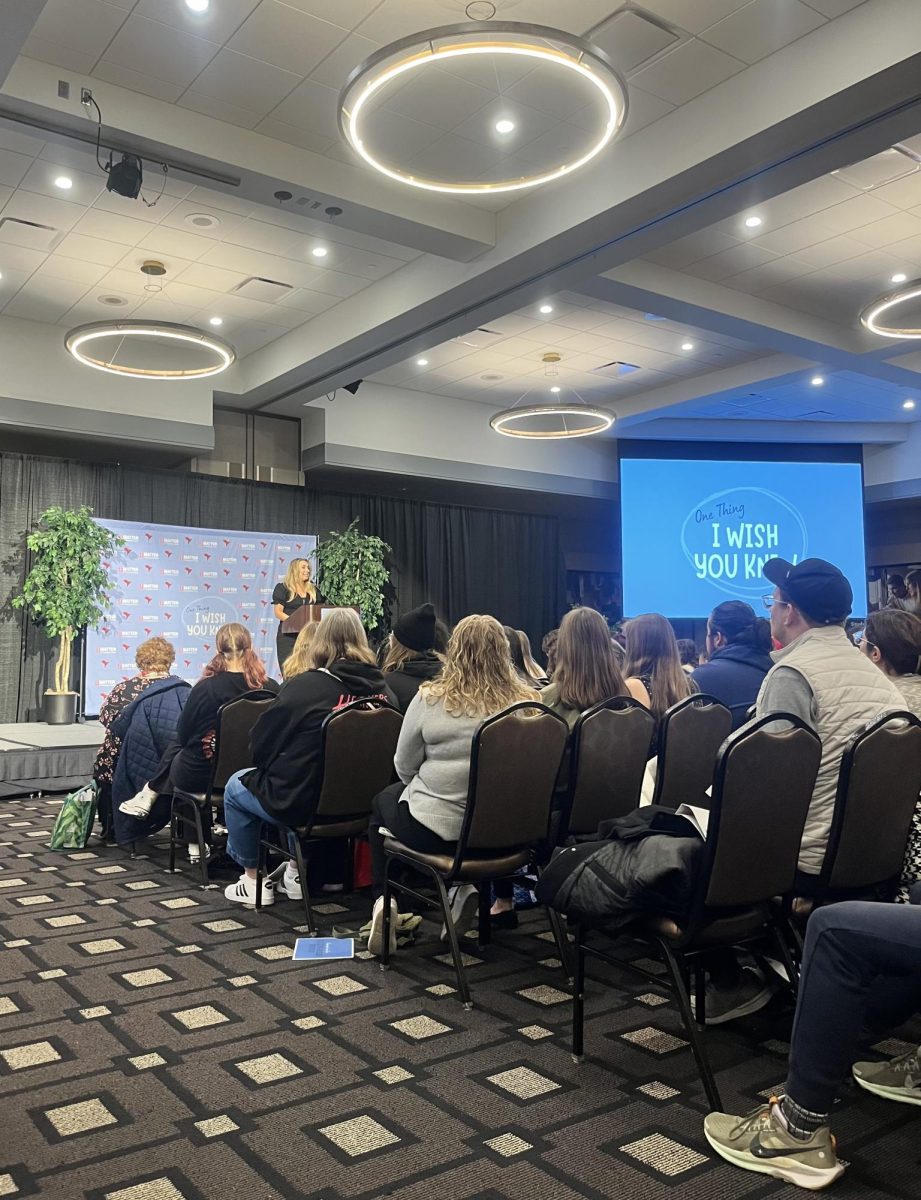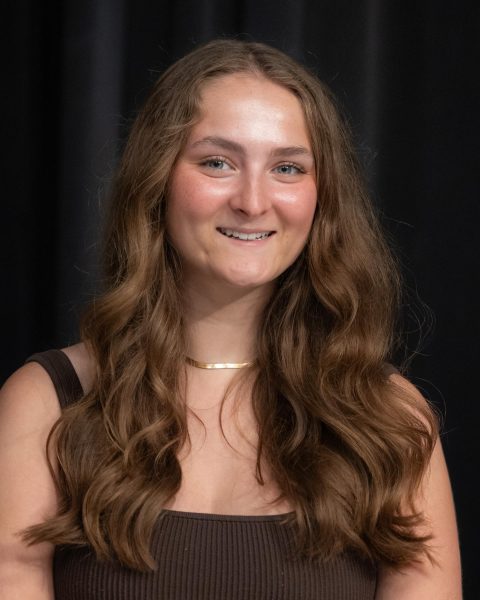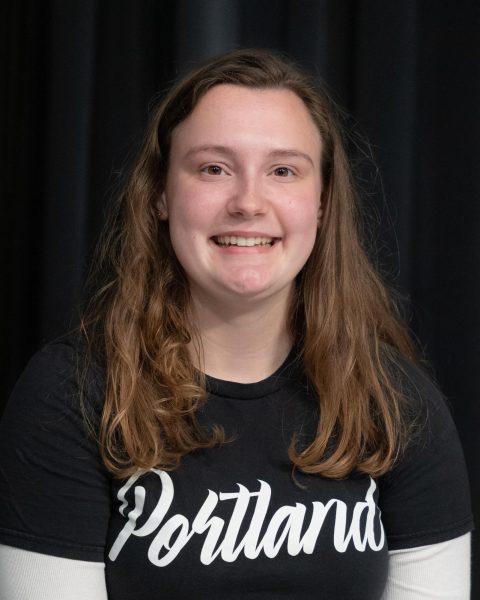Marquette University Police Department will implement a new behavioral health unit made up of an MUPD officer and a mental health professional.
Assistant Chief Jeff Kranz said he hopes the unit will be functional in early January, right after students return from winter break. Currently, MUPD is in the process of hiring a new mental health professional.
“The officer has to attend some training and learn, and the mental health professional has to get acclimated with our community, with working both with a university and the diverse community that surrounds our university, so there’s a lot of learning that’s going to take place on both ends,” Kranz said.
Kranz said that last year three individuals had 200 combined calls to MUPD for service. While these calls sometimes differed from issues such as trespassing or loitering, Kranz said that mental health issues were the “common thread” between all these calls.
“The goal of this unit is to start seeing these frequent fliers that keep coming up so that we keep getting calls and working with those individuals to get their needs addressed,” Kranz said.
Bringing this professional on the team, Kranz said, will help people long-term as opposed to the short-term service they’re currently provided with. This could include services such as therapy or ensuring someone has safe living conditions.
“That person’s going to have a huge impact on how we respond to mental health crises, both with students, but also in the campus community, which is a greater challenge for us right now,” Kranz said.
A similar unit has been put into place at University of Wisconsin-Madison. Kranz said he plans to have the mental health professional shadow and learn from that department.
Currently when students have a mental health emergency, Kranz said MUPD receives a call from a third-party source like a roommate or residence assistant.
MUPD then makes contact with the student and determines the level of risk.
Erin Lazzar, associate dean of students, said that MUPD responds to mental health crises when the Marquette Counseling Center isn’t involved. She said for example if a roommate observes mental health emergencies, MUPD would be called.
“So the police would respond, make sure a student is imminently safe and then use the on-call system with the counseling center to have the students speak with the counselor on call who would help determine in the immediacy – sort of what a student may need by way of support,” Lazzar said.
Lazzar said they determine the urgency by asking a few questions with the on-call counselor to considers if the student is safe to get through the rest of the evening, if it would be possible for them to meet with a counselor first thing the next morning or if the student needs to be assessed by a provider in-person.
“Then the counselor on call would work with whoever the responding officer would be … to determine what makes sort of the most sense,” Lazzar said.
If emergency medical or psychological attention is necessary, Lazzar said it isn’t uncommon to ask the student if they can contact their parents to help determine what the appropriate route would be, what kind of health insurance the student has and what health system they should use.
Their last resort, Kranz said, is emergency detention.
Emergency detention or hospitalization is when an individual is taken into custody to a hospital or sufficient facility when a police officer or examiner deems a person to be a danger to themselves or others due to mental illness.
Lazzar said when Milwaukee County Mental Health was open, it served as a transitional placement where a student would eventually be transferred to a behavioral health hospital or home.
“More often than not, Marquette works to connect students directly from a conversation with someone at Marquette to a behavioral health system that can provide the appropriate level of care,” Lazzar said.
A new mental health emergency center at 1525 N. 12 St was recently established in Milwaukee after Milwaukee County Mental Health shut down Sept. 9. The Mental Health Emergency Center opened for walk-in-patients Sept. 6 and involuntary admissions Sept. 9.
Lazzar said MCMH often served as a resource for students who were uninsured.
Stephen Saunders, chair of the department of psychology, said that mental health issues are a widespread problem. In any given year, one in five persons will suffer from mental illness.
Saunders said directing students and community members to a psychiatric emergency center is a much better idea than sending these crises to a normal, medical hospital.
“In a psychiatrist crisis … the person isn’t bleeding or having a heart attack where they have to go to a medical doctor and get medical care. This is psychiatric care, psychological care, where they might need to be put into the hospital and have their psychological functioning brought back to reality, they have to be stabilized,” Saunders said.
This story was written by Julia Abuzzahab and Megan Woolard. They can be reached at julianna.abuzzahab@marquette.edu and megan.woolard@marquette.edu or on Twitter @Juliaabuz and @MeganWoolard4



